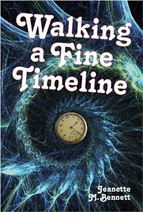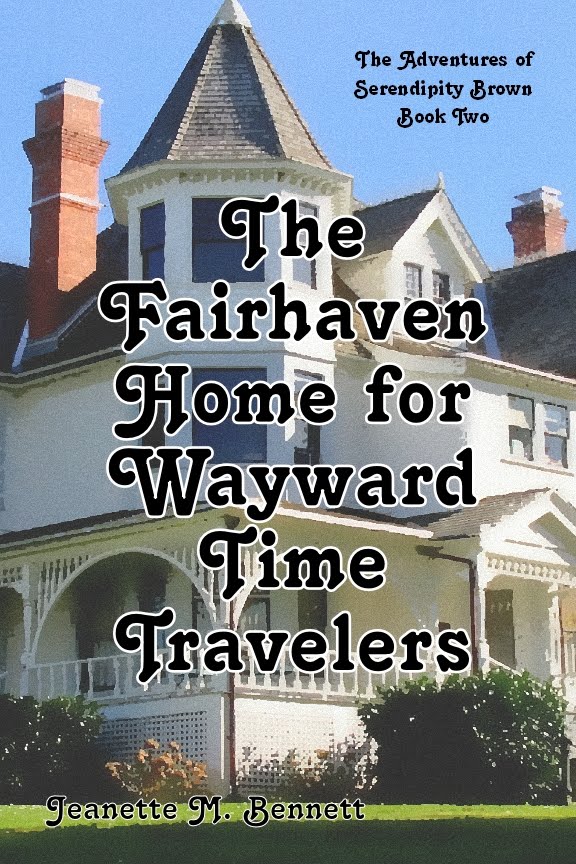 |
| Map of Dublin circa 1900 |
Funny thing about Ireland is it’s hard to not be swept up by her culture and lilting accent. The Vikings slowly became Irish and turned to commerce, stealing from the natives with high prices rather than by the sword. The local Celts converted the Norsemen to Christianity and things settled back to normal.
In 1155 Pope Adrian, the only English Pope, “gave” Ireland to the Norman conquerors of England. Ireland didn’t agree with this arrangement so the Normans had to take it by force. There was one problem. Ireland at this time had a unique political system. The country was divided up into numerous small kingdoms. These kings pledged allegiance to a High King. However outside of token recognition, the High King was ignored and the lesser kings did as they pleased. So if you conquered the High King of Ireland, all you really conquered was his own little kingdom and not all the lands supposedly subject to him. The power struggle between Normans and natives see-sawed back and forth until Ireland became a patchwork of Gaelic and Norman kingdoms. By the 1300s Normans were Norman in name only, having intermarried with the natives and adopting their culture and language. (I should point out that many leaders of the later Irish Rebellion had Norman names. Indeed “Fitz” is now considered as Irish as “O” or “Mac.”)
In 1366 the English Crown created the Pale (literally “fence”.) It was the area around Dublin, the only part of Ireland that the English had any real hold on. In the Pale, intermarriage between Irish and English, as well as the Irish language, dress and customs were forbidden. The English Monarch became the High King of Ireland, which meant the rest of Ireland pretty much ignored him. Slowly the fence was breached and even the Pale became Irish.
Queen Elizabeth I had had enough. Pope Adrian had given her family Ireland so she felt it was hers. She would finish what the Normans started. So began the long drawn out and complex process of conquest enacted with numerous battles and occasional compromises that really only ended with the Act of Union in 1801. As Scotland and England were united as Great Britain, Ireland was united with Britain to form the United Kingdom. And peace finally came to Ireland...or has it?
The University of Dublin has asked me to come to Dublin to cover Queen Victoria’s visit. They also want me to record the reaction of the people to this very controversial event. Ireland is getting fed-up with this shotgun wedding and wants a divorce. Right now most folks are just pushing for self government as a Dominion like Canada or Australia. Others want a clean break as a totally independent country. I can already feel the dark cloud of revolution in the air that will erupt in 1919. This may not be the best time for an Englishman to be in Ireland, but the University of Dublin assured me there was no records of Englishmen being lynched, so I should be safe enough.
 |
| Dublin as she looks in 1900 |
Besides they are a nation a tea drinkers, so we should get along just fine. (Yes, Ireland drinks more tea per capita than even England!)





No comments:
Post a Comment
Due to bots sticking ads into the comments I am now forced to moderate. Differing opinions are welcomed. This is history, which is the surviving written record, which may or may not be accurate. I will even allow comments pushing other books or websites as long as they are relevant.